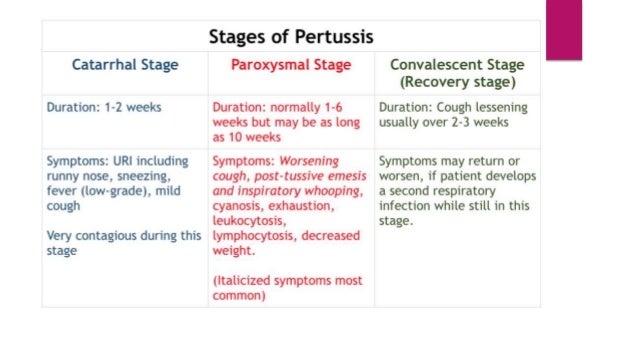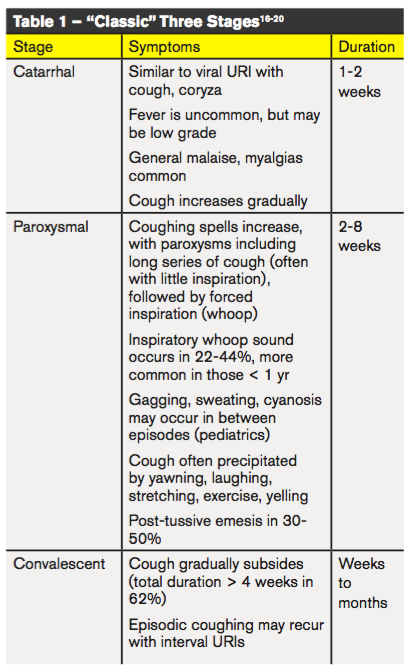Pertussis is a highly contagious respiratory illness caused by the bacterium Bordetella pertussis. Pertussis whooping cough caused by Bordetella pertussis is endemic in all countries.
 What Is Pertussis Respiratory System Diseases Nclex Rn Khan Academy Youtube
What Is Pertussis Respiratory System Diseases Nclex Rn Khan Academy Youtube
Globally it is estimated that there were 241 million pertussis cases and 160 700 deaths from pertussis in children 5 years of age in 2014 1 with periodic epidemics occurring every two to five years.

What is pertussis. What is pertussis whooping cough. Virtually 100 percent of unvaccinated people who come in contact with an infected person will get the infection as well although only about one-third of. Check if you or your child has whooping cough The first signs of.
Pertussis first appears like an ordinary cold but. Bordetella pertussis the causative organism was discovered in 1906 and a vaccine was developed in the 1940s. Pertussis or whooping cough is an extremely contagious respiratory infection that can lead to severe breathing problems especially in infants.
Pertussis commonly known as whooping cough is a disease of the respiratory tract caused by the bacterium Bordetella pertussis. Pertussis often called whooping cough is caused by a bacterial infection. Whooping cough caused thousands of deaths in the 1930s and 1940s.
Whooping cough usually starts as a mild cold-like illness upper respiratory infection. Pertussis whooping cough is caused by Bordetella pertussis a small Gram-negative coccobacillus that infects the mucosal layers of the human respiratory tract. Pertussis literally meaning a violent cough and also known as whooping cough or the cough of 100 days was first described in the Paris epidemic of 1578.
Spencer C Sockrider M. It spreads very easily. Pertussis symptoms start similar to many other respiratory infections and get progressively worse for several weeks.
Whooping cough or pertussis is very contagious and mainly affects infants and young children. Am J Respir Crit Care Med. The pertussis bacteria enter the lungs and cause swelling and irritation in the airways leading to severe coughing fits.
Its a highly contagious illness that spreads easily from person to person through airborne germs from the nose and. Even if you have all of the signs and symptoms of pertussis your doctor will likely order a laboratory test to confirm it. It is transmitted from infected to susceptible individuals through respiratory droplets.
In Australia pertussis epidemics usually occur every 34 years. Whooping cough is caused by a bacterium called Bordetella pertussis. At times people with whooping cough can have a secondary pneumonia from other bacteria while they are ill.
It is highly infectious in unvaccinated people. The illness is characterized by coughing spells that end with a characteristic whoop as air is inhaled. Whooping cough also called pertussis is a bacterial infection of the lungs and breathing tubes.


